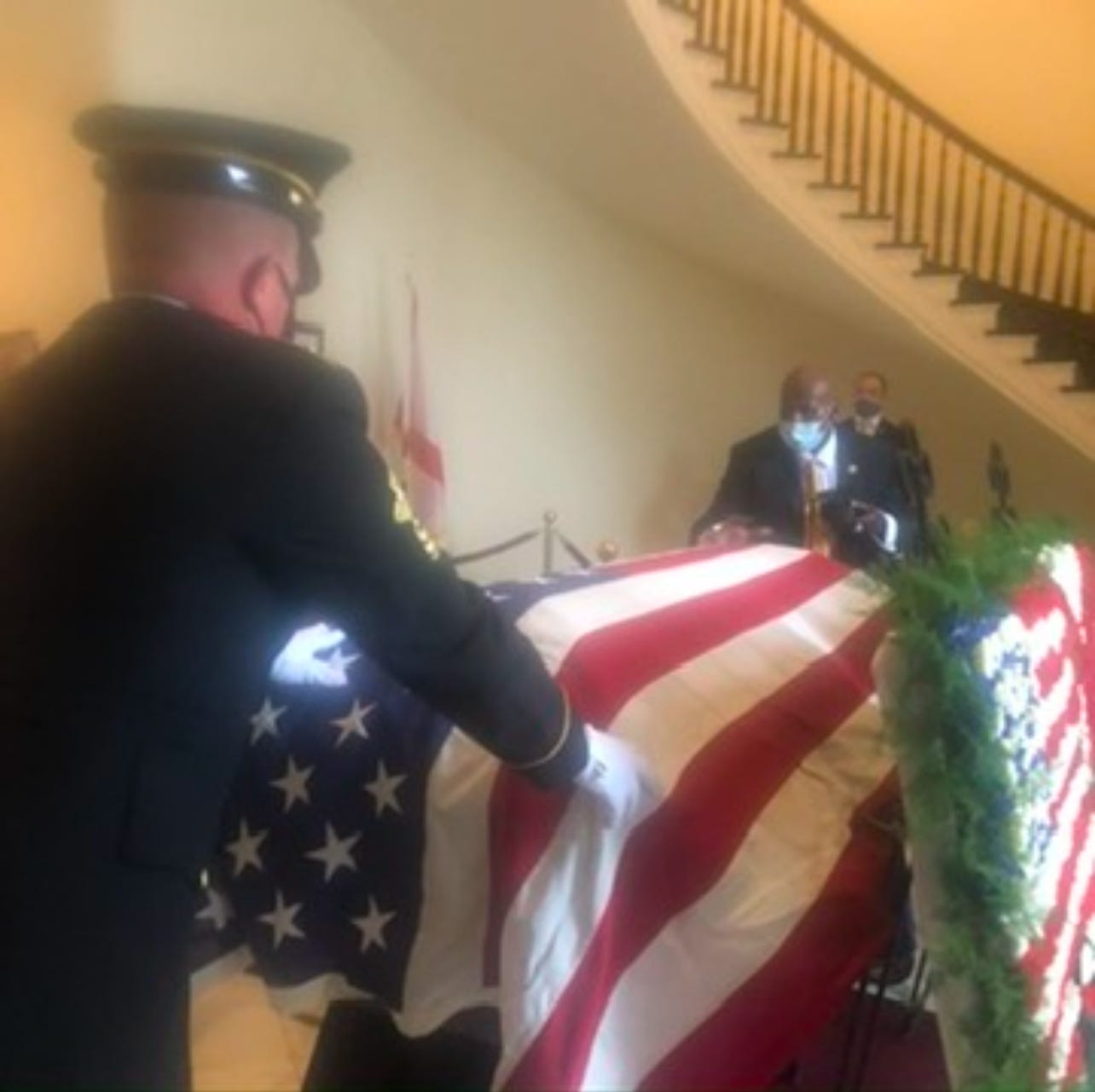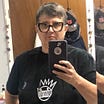It was July 2020. The world felt unrecognizable. The pandemic had fractured daily life, riots had left cities in flames, and the ideological ground was shifting beneath my feet. But one thing was certain — John Lewis, the boy from Troy, was gone, and I needed to stand in line at the Alabama State Capitol to pay my respects.
I had always admired Lewis. He didn’t wait for history to move — he forced it forward. He refused to listen to the moderates who said, “Not yet.” He knew justice was never granted freely; it had to be taken, demanded, fought for. He called it good trouble — the kind of disruption that bends the moral arc of history toward justice.
But standing there that day, I couldn’t shake the feeling that the world around me had twisted his message into something unrecognizable.
The month before, riots had erupted across the country, framed as a continuation of the struggle for civil rights. But I couldn’t bring myself to see them that way. I watched, night after night, as businesses — many of them small, family-owned — burned to the ground. I didn’t own one of those businesses, but I could imagine it. The years of struggle, the dreams poured into every brick, every open sign, every payroll check sent to an employee. And then — ashes.
This wasn’t good trouble. This was destruction.
I had started listening to John McWhorter, and his critiques of this new movement resonated in ways I hadn’t yet put into words. What I was seeing wasn’t about justice — it was about power, about rage, about a radical ideology that demanded absolute loyalty and punished dissent.
And yet, I was still afraid to say it.
A month before Lewis’ funeral, my brother and I had driven to Oklahoma to bury our aunt. She was my mother’s baby sister, the woman I get the “Lee” in my name from. She had likely died of COVID, though the official cause was a stroke.
After the funeral, I spent time with my cousins at the lake in that small Oklahoma town, surrounded by family, the water shimmering in the sun. It was the first time since the pandemic started that I had been around people without the constant shadow of fear. I had been so consumed by the unknown — by the virus, by the lockdowns, by the hysteria that gripped the country. But those four days, unmasked, simply living, marked the beginning of something shifting in me. The fear loosened its grip.
Two months later, I would lose my mother to COVID. That loss would push me even further toward the conviction that time is too precious to waste waiting for permission to act.
The Rain on Dexter Avenue
At Lewis’ funeral, I stood for hours in the Alabama heat outside the State Capitol. Montgomery — the city of Rosa Parks, the bus boycott, the marches. The same Capitol where George Wallace once stood and vowed “segregation forever.” And now, John Lewis, the man who crossed the bridge in my own hometown of Selma, lay in honor in the rotunda.
Then, the sky darkened.
We watched the rain coming down Dexter Avenue, moving toward us, passing Dr. King’s church like a slow-rolling tide until it finally reached the Capitol at the top. The air changed, the tension broke, and just as I finally stepped inside, the heavens opened up.
I looked up at Lewis’ casket and thought about his life’s work. I wasn’t gender-critical yet, but something in me was already breaking away from the crowd, already questioning the narratives I had once accepted without hesitation. Lewis had refused to compromise with slow-moving injustice. That fire, that refusal to wait for permission, stayed with me.
Now, in my work with the Courage Coalition, I see the same battle playing out. The moderates tell us to be patient, to find common ground, to compromise. But just like there was no moderate position on segregation, there is no moderate position on sterilizing children. There is no “slow approach” to stopping the destruction of women’s rights. There is no neutrality in the face of medical experiments being conducted on kids who cannot consent.
John Lewis knew when to cause good trouble, and I refuse to let his legacy be warped into an excuse for destruction — or for complacency.
So we fight. We refuse to be silent. We tell the truth, no matter how uncomfortable it makes people. Because justice does not wait, and neither will we.
Join the fight. Subscribe to the Courage Coalition’s Substack and be part of the movement that refuses to wait. Let’s make some good trouble.









Your voice and your experience are uniquely valuable. Thank you for being you.
Beautiful. Thank you.